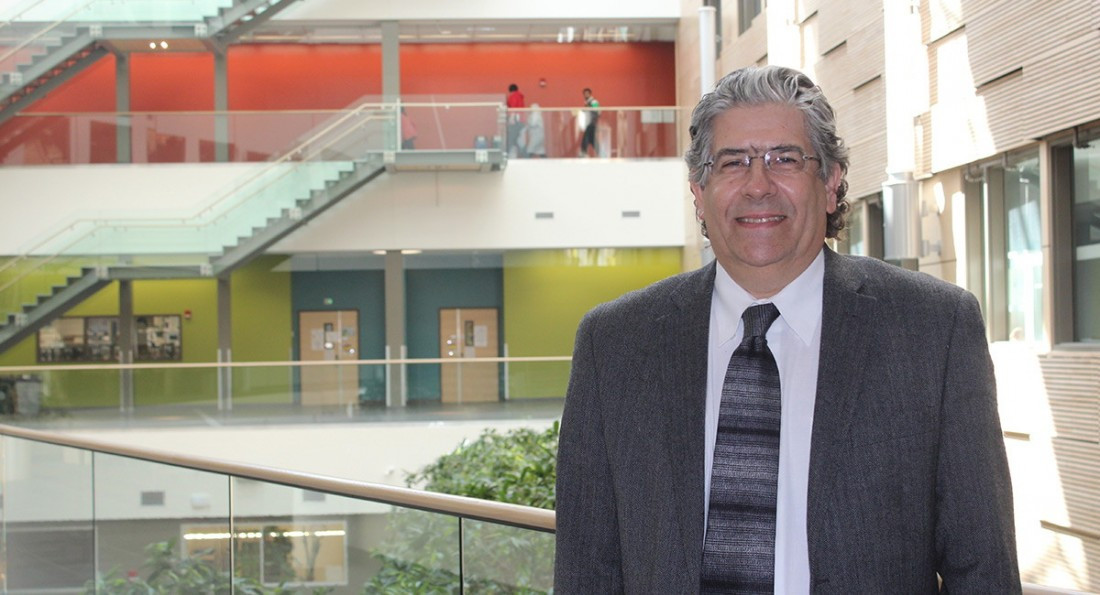The importance of public health
Dr. Joel Kettner delivering lecture series at University of Winnipeg
What does the term ‘public health’ mean to you? Most people probably have never put any serious consideration into the impact of this concept on our everyday lives, but Dr. Joel Kettner is looking to address this in his four-part lecture series, Public Health in the 21st Century.
“Public health can be a source of confusion, because in some peoples minds, it means publically funded healthcare, and it’s important to clarify that even though there’s a lot of overlap between public health and the healthcare system…they both have a different focus and purpose,” Dr. Kettner says.
“Public health asks what are the things we can do for the population at large to prevent disease and injury?, and we answer this by looking at the policies and issues that we think can reduce the causes of these ailments.”
Dr. Kettner draws on his expertise from his twelve years as Manitoba’s Chief Medical Officer of Health, and his current positions as president of the Public Health Physicians of Canada, and director of the Canadian Public Health Association.
The lecture series focuses on the social determinants of health, and understanding how the practice of public health can improve inequalities of health status within populations.
“The simplest way to think about the factors of health is in terms of resilience and susceptibility,” he explains. “How resilient we are appears to have an important impact on health outcomes.”
Kettner continues, “early childhood development, life experiences, opportunities – including education and employment – as well as living in a physical environment that is safe and healthy… these are all showing up as factors that improve our resilience as individuals and as communities, and give us greater ability to withstand exposures that we cannot easily eliminate.”
Also being addressed are public health initiatives and policies that attempt to improve standards of living in populations, particularly disadvantaged groups.
“I think that there are ways of improving the organization of our healthcare system so it would better serve the most disadvantaged populations,” Dr. Kettner contends. “We need more intense interventions for our at-risk families, and more resources put towards supporting families and children.
“First Nation and Aboriginal people in Canada, despite being disadvantaged for hundreds of years, have proven to be quite resilient. I think that speaks a lot for the hope that these problems will be solved – but this all means paying attention to addressing those underlying causes and determinants, as well as providing health care when needed.”
According to Dr. Kettner, the aim of the lectures is that people come away with a greater awareness of the importance of public health for all of us.
“It’s not so much a formula for how people should stay healthy themselves, it’s really to gain a better understanding of how this plays out in everyday life.”
Published in Volume 68, Number 23 of The Uniter (March 12, 2014)







